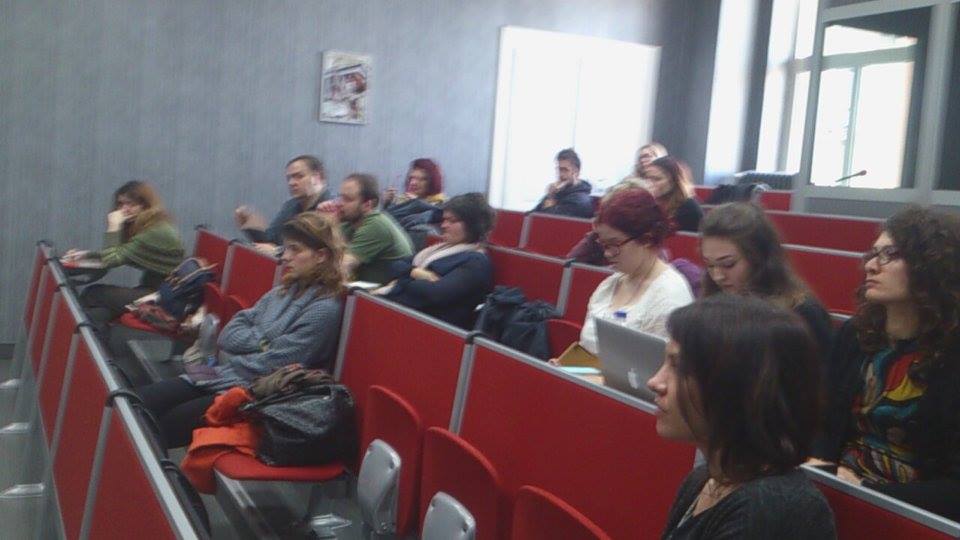On the first day of the closing events of the Festival, Jean-Michel Frodon held a masterclass on the film criticism. Systematic and casual at the same time, this masterclass was very helpful. Being accustomed to consuming numerous online film critiques and ‘critiques’, I must admit I had a blurry vision of what film criticism should be. I could feel when a critique is good or bad, but I couldn’t define what makes it good or bad. Some simple, clear thoughts, presented in a susceptive way, helped me filter my own opinions on film criticism.
If I had to sum up Mr. Frodon’s masterclass in a single word, the word would definitely be “duality”. First of all, Mr. Frodon pointed out the dual nature of film, speaking of its impurity, as it is both art and commercial creation. He sees it as this medium’s strength.
He also pointed out the democratic nature of movies, saying how movies are made for everyone. Yet, as I realized, film criticism doesn’t have this level of freedom and it is often defined by target group of readers or type of media it is intended for. However, it doesn’t mean that a critic doesn’t have freedom to express his views in the given frame, but it surely means the critic is supposed to adjust some elements according to target audience. Pretty challenging!
Mr. Frodon continued his masterclass mentioning another duality – to show us what good criticism is, he had to introduce us to four bad masters of film criticism: merchants, leisure organizers, journalists and professors. I must notice each of those figures also emerge from a kind of duality. For example, merchants, representing film criticism as a way of selling the tickets, are related to the commercial side of film industry and contrasted to its artistic nature.
Another duality regarding film criticism itself was revealed as Mr. Frodon was talking about the amount of “spoilers” allowed in a film critique. The critic writes both for the people who have seen the movie and the ones who still haven’t. He mentioned how a critic should start unfolding the mystery, but not to solve the whole puzzle.
In the end, Mr. Frodon compared online and traditional film criticism. He, naturally, considers those two forms of criticism equal. However, when the question of quality and quantity ratio was raised, as anyone could become an online critic, we couldn’t get a final answer. It is completely understandable, as this question runs in endless circles.
What made this masterclass so pleasant wasn’t just Mr. Frodon’s knowledge he shared with us. It was his natural passion for the movies. It was his down-to-Earth approach. Also, it was his obvious faith in the future of film criticism.
Finally, I won’t answer the question mentioned in the title – as Mr. Frodon said, a critic should not reveal the whole mystery. I think you can already guess how I perceive it.

